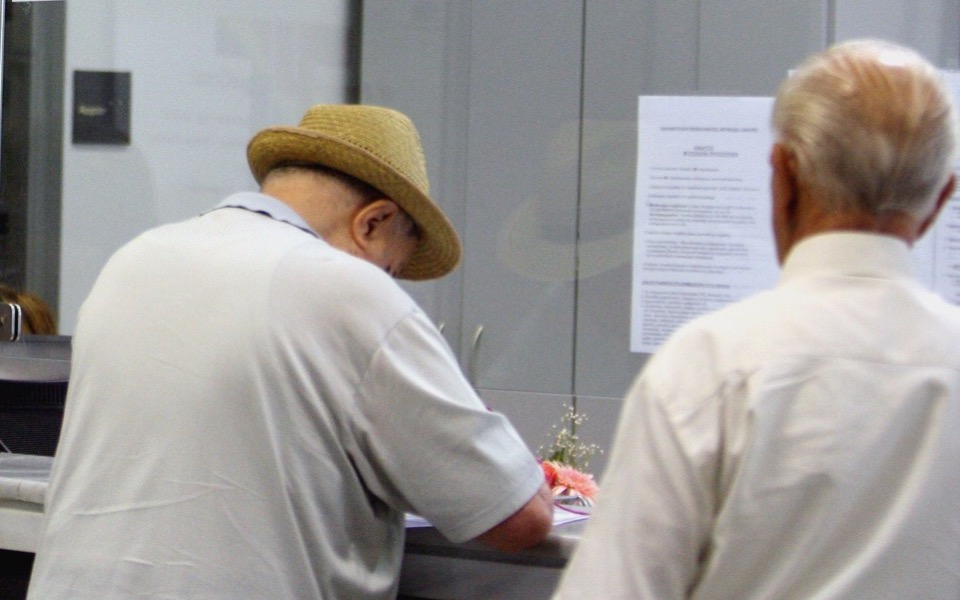Pension dues with haircut?

The Finance Ministry is working on a scenario for the payment of retroactive dues to around 2 million pensioners in a lump sum, following the final verdict by the Council of State on unconstitutional pension cuts in 2015 and 2016.
The scenario provides for the immediate payment of the cash claimed by pensioners on the condition that they give up their right to any further claims.
A proposal for a haircut to the arrears is also on the table, which would give pensioners two options: Either getting all of their money in installments or accepting a smaller amount here and now.
The government has already made two decisions. The first is that the final solution adopted on the political level will concern all pensioners, regardless of whether they have taken their personal case to court.
The objective is to avoid a wave of new court cases that would only result in pensioners having to pay legal costs and wait even longer for the money they deserve, while the fiscal uncertainty would be extended for the state.
The second decision is of a fiscal nature and dictates that the entire fiscal cost stemming from the payment of the retroactive dues, concerning the period from June 2015 to May 2016, should burden this year’s budget.
In any case, 2020 will show a primary budget deficit of 4.5%-7% on the general government level, because of the coronavirus.
For the ministry it is better to register a spectacular fiscal recovery next year, with a rapid decline of the debt as a ratio of the gross domestic product and return to the primary surpluses – regardless of whether the European Commission remains next year on the path of fiscal easing – than attempt to contain the consequences to this year’s finances.
The government’s definitive decisions are scheduled to be announced and legislated immediately for political as well as for economic reasons.
As one senior government official explains, the CoS verdict does not produce a fiscal result by itself. For that to happen, the government must legislate.
The ministry’s aim is to send the regulation to Parliament, calculate the costs and incorporate them in this year’s budget.





